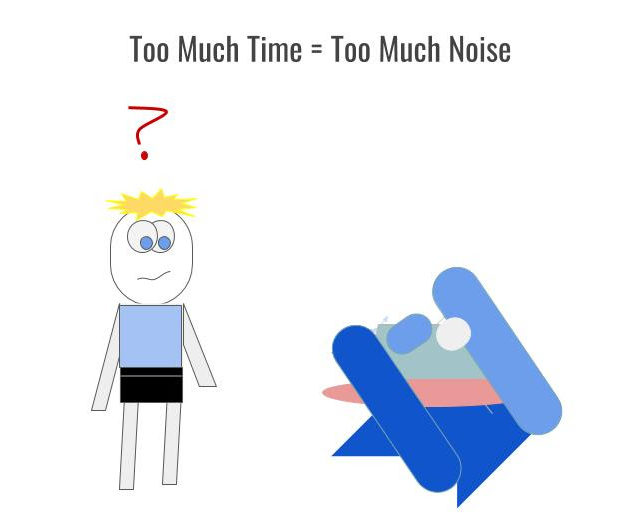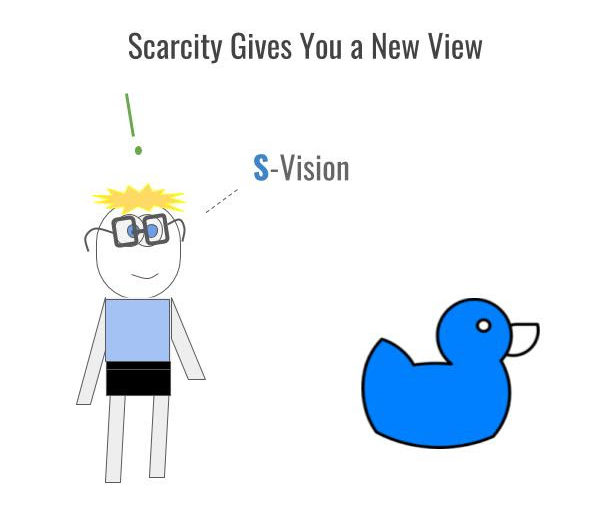“If you want to become whole, let yourself be partial.
If you want to become straight, let yourself be crooked.
If you want to become full, let yourself be empty.
If you want to be reborn, let yourself die.
If you want to be given everything, give everything up.”
– Lao Tzu
Who turned setbacks into success?
J.K. Rowling spent her post-college years lost.
Since her parents grew up poor, they strongly encouraged her to get a vocational degree instead of studying Literature in college. When she decided to ignore their advice, J.K developed a fear that her parents were right and she would end up a failure.
It was seven years after graduating when she hit rock bottom; her short marriage ended, she lost her job, and she was a single parent (not to mention nearly homeless).
“The fears that my parents had had for me, and that I had had for myself, had both come to pass, and by every usual standard, I was the biggest failure I knew,”
-J.K. Rowling
Yet it was experiencing this failure, which freed her to write Harry Potter.
Fifteen years later, Rowling highlighted this integral life moment in her commencement speech delivered to Harvard graduates:
“So why do I talk about the benefits of failure?
Simply because failure meant a stripping away of all the inessential. I stopped pretending to myself that I was anything other than what I was, and began to direct all my energy into finishing the only work that mattered to me.
Had I really succeeded at anything else, I might never have found the determination to succeed at the one area I believed I truly belonged.
I was set free, because my greatest fear had been realized and I was still alive… And so rock bottom became the solid foundation on which I rebuilt my life.”
-J.K. Rowling
WATCH HER SPEECH HERE.
Is your obstacle instead an advantage?
Our instinct is to run away from uncomfortable experiences but that’s a mistake.
It’s our journey that informs us of our true selves; including the downs as much as the ups.
It isn’t until you lose that you realize how badly you wanted to win… or, perhaps, that the score never mattered at all.
To succeed, let yourself fail.
When we hit rock bottom we have the opportunity to remodel and embrace our full potential.
Are you striving towards yours?



